Monsoon, Paul Melo e Castro’s English translation of Vimala Devi’s Moncao, is about divisions between human beings. Vimala Devi’s short story cycle was first published in 1963 and is set in Goa before it became an indivisible part of the Indian Union.
We encourage you to buy books from a local bookstore. If that is not possible, please use the links on the page and support us. Thank you.
Here is a Goa where Portuguese is still spoken by the upper classes, where the landowning classes (“bhatcars”) have significant power over the tillers (the “mund-cars”), where society is deeply divided by caste and where the metropolis, Portugal, is a very real part of the lives of the people.
It is a society on the verge of upheaval, as Jason Keith Fernandes says in his introduction, a society where no one – tiller or landowner, man or woman, Hindu or Catholic – is satisfied with their lot.
Our language makes our world
One form of tension is language, which pops up in the first story, Nattak. Tukaram, the star of the local folk theatre production, is forced to confront his knowledge of languages. His father did not pay for an English education, even though it was English, and not Portuguese, that was opening up opportunities for young Goans who wished to move. He learnt Portuguese at school, but did not speak it at home, for if he did, “a barrier would have been created between him and his family, between him and his community.”
But if the language of progress is English, the language of privilege is Portuguese. Portuguese allows the upper classes to emigrate for financial reasons – successfully in the case of Carlos Siquera in The Future and the Past, less so for Franjoao in The House Husband or the man of the house in The Decline. It allows some to seek government employment and express their admiration for the metropolis, such as Eucaristino in The Supplement. And much like the knowledge of English in today’s India, the knowledge of Portuguese is how the upper classes set themselves apart from the rest – in Job’s Children, when Dona Lavinia complains about the “riffraff” and “ingrates”, while reminding the Hindu Dr. Amoncar that “like you, I too am a Brahmin,” she does so in Portuguese.
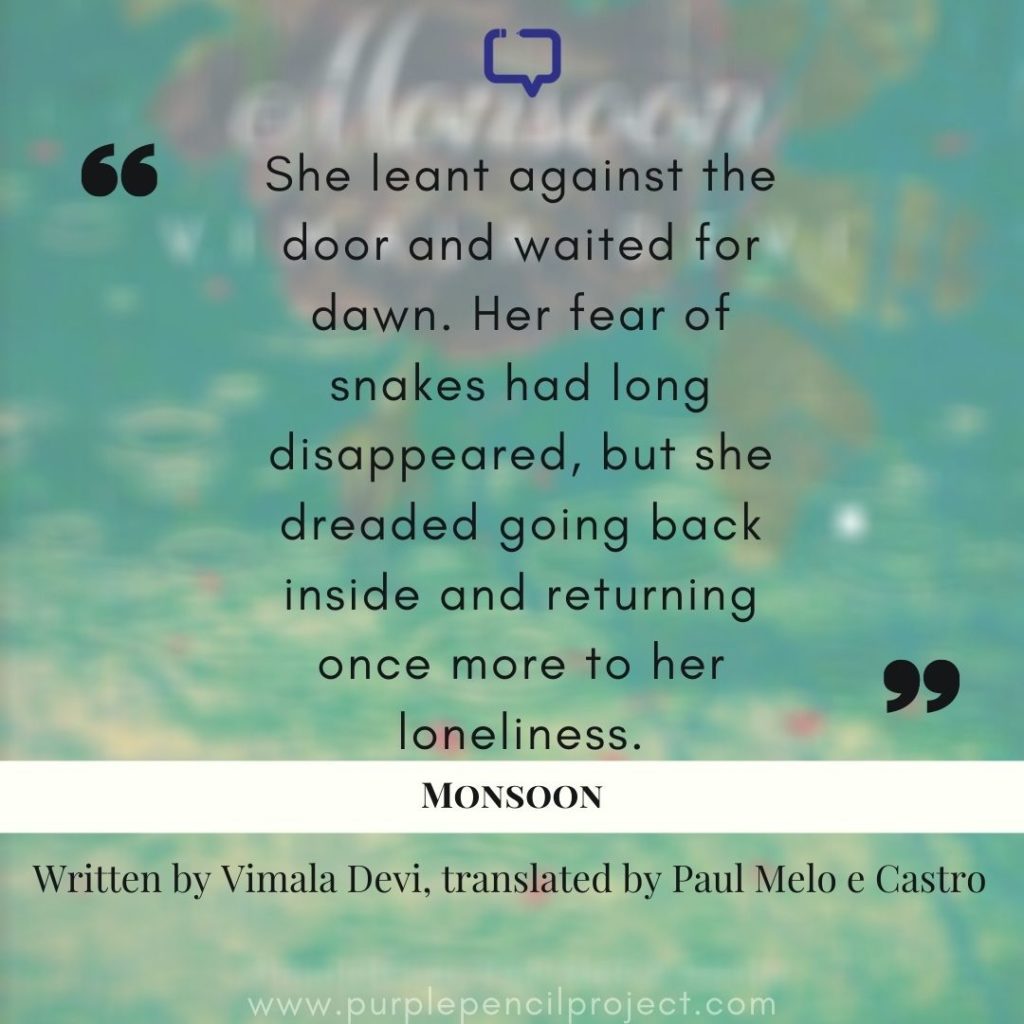
The case of the castes
Indeed, caste features prominently in these stories. If Dona Lavinia is contemptuous of Shudra Christians, in the House Husband, the Fonsecas reject a groom from the Chardo caste in favour of a Brahmin, because “blood is above money.”
The widow in The Decline is appalled that the ‘mundcars’ who work their land would dare to sit on chairs in the wake of the ‘bhatcar’ matriarch, her reservations as much about class as they were about caste, while Bhatcar Dias cannot believe that the lower caste performers of the titular Tiatr would not think to save a seat for him. Not even the Europeans are exempt from the caste system – in Hope, Mitzi the upper caste Catholic remarks that she would “rather marry a Shudra than a paclo” (European), even if she does enjoy dancing with them at the club.
It is strikingly real how Devi’s characters’ interactions with one another are almost always determined by their identities. Society and rigid caste rules determine whom one can love, as we see in The Cure, Padmini and Fidelity. It defines friendships and everyday social engagements –Eucaristino says Devi, is “so esteemed by his colleagues that he even had a few Hindu friends, something quite rare for descendentes” (descendent of Europeans in Goa.)
Caste even determines the image one must project of oneself in Devi’s Goa and her characters take great pains to preserve their caste superiority in the face of a rapidly changing social order. In The House Husband, Franjoao is convinced that he must eat mangoes with forks and knives, as is appropriate for those of their social standing, while in Dhruva, Chandracanta’s grandfather is unconvinced that any son of their landowning family would ever need a profession. It was not something those of their caste did.
More striking yet is that even where Devi does not expressly approve, she rarely criticizes her characters for their more regressive beliefs. In the three stories on Dhruva and Chandracanta’s marriage, we learn that Dhruva had been married when she is only fourteen, that her husband strayed when he was a student in Portugal and that when he returned, he sees her as the rock on which his family’s traditions rest. This is all very well, but we do not see a critique of the institution of child marriage, that confined Dhruva to servitude in her in-laws’ house, even when her husband was away. She gently mocks Eucaristino for his adulation of the West, and the Fonseca sisters for their fixation on caste, but we do not hear a critique of Portuguese colonialism or the institution of caste itself.
Is Devi really not critical of these, or is she simply trying to describe enough for the reader to form her own views?








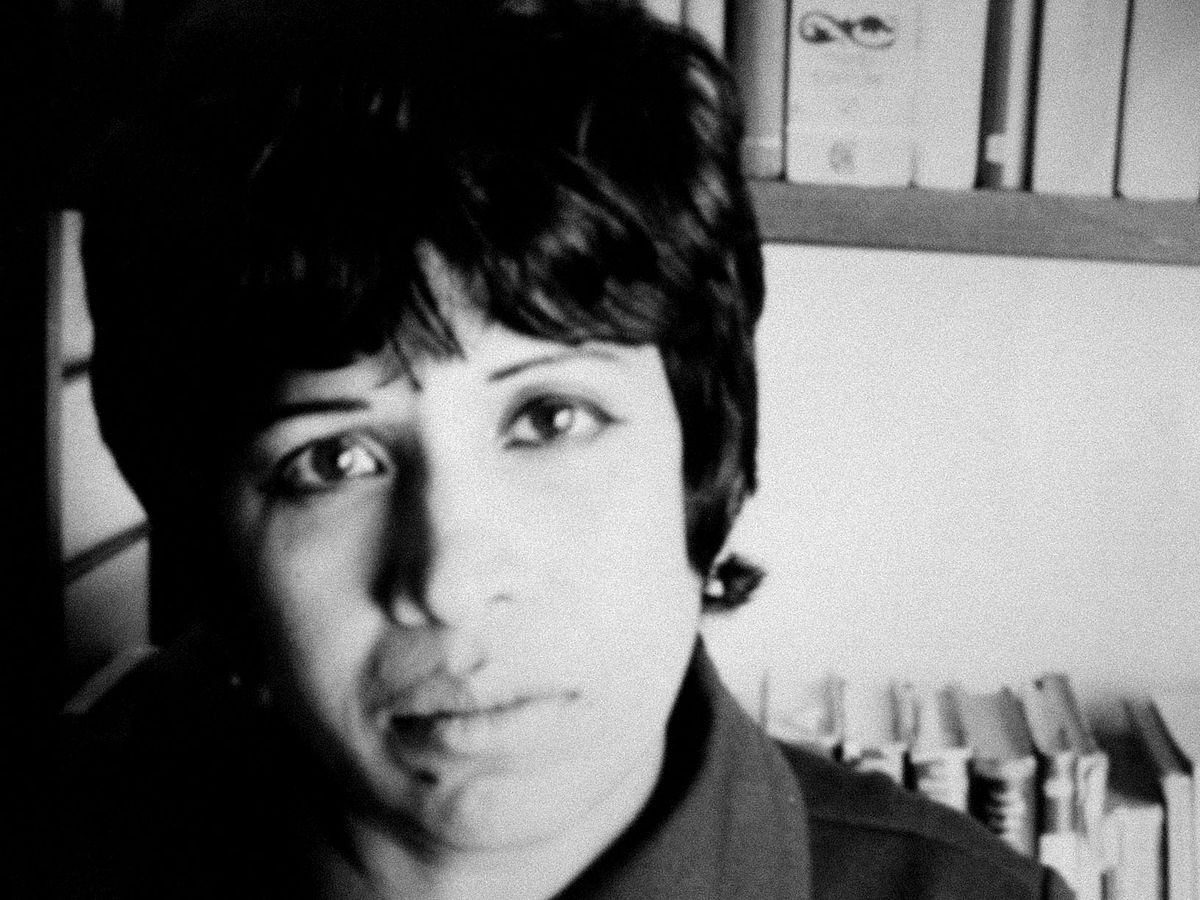

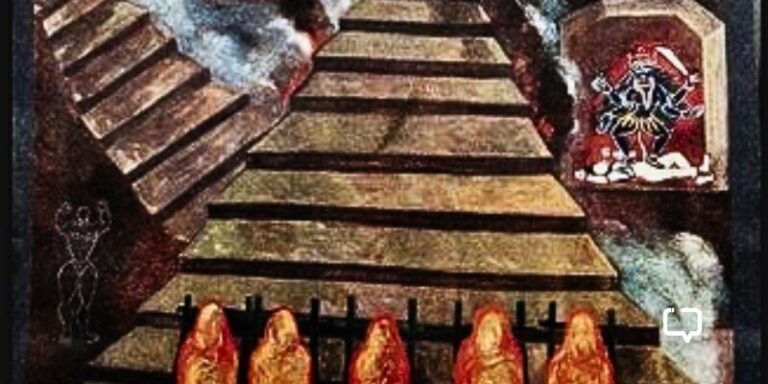




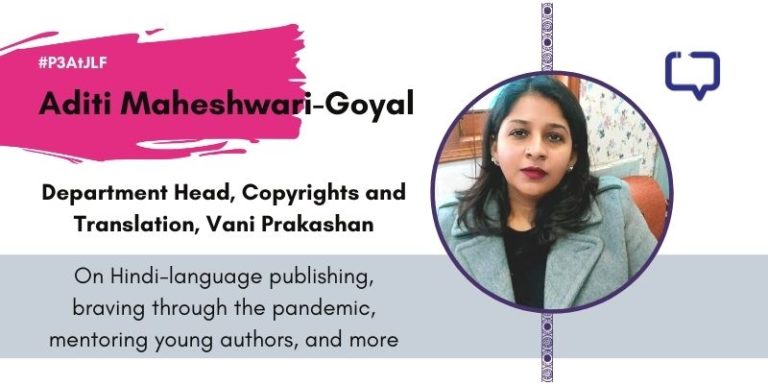





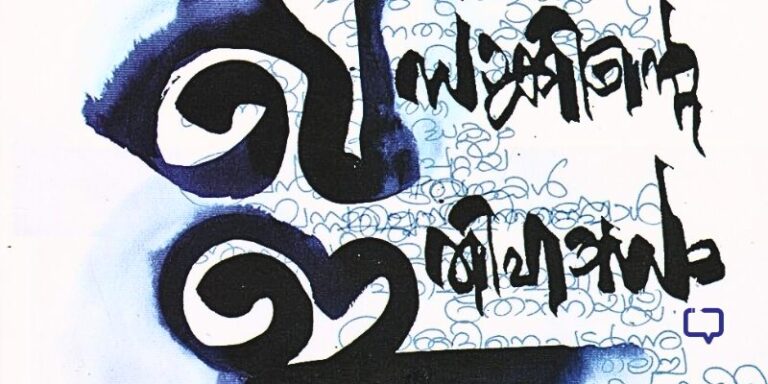

2 Responses
A very lovely and comprehensive review. Especially loved the distinction drawn between language of progress and language of privilege and the connect to the stories.